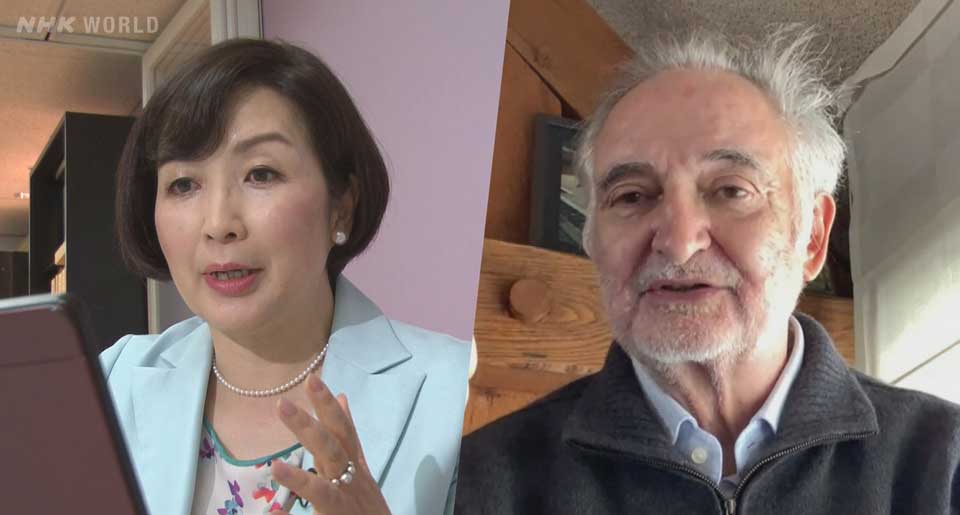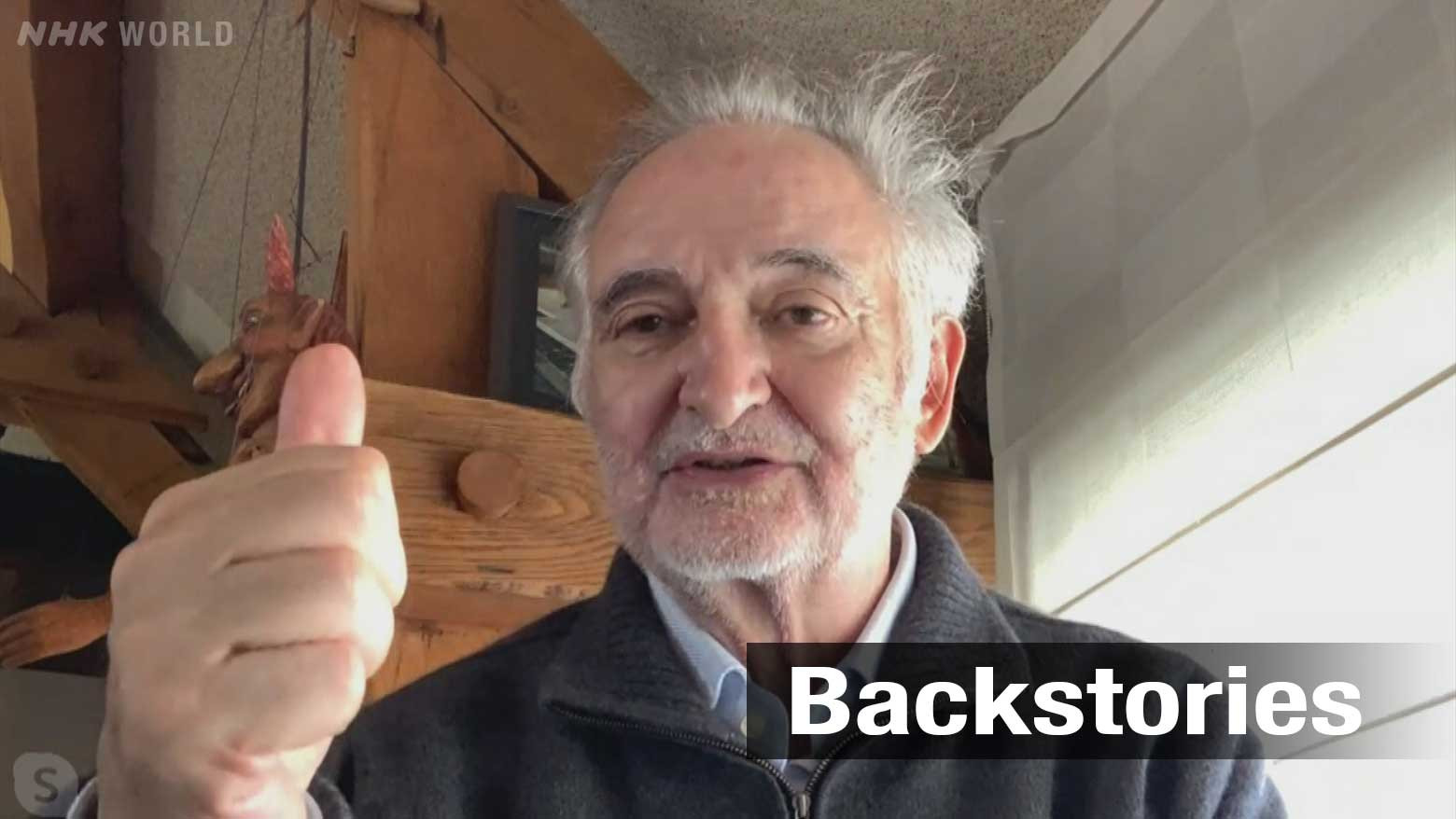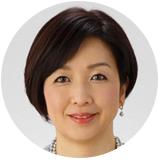"We are waking up to many things," Attali says, "from the importance of hygiene to the need for transparency, and belatedly, to the realization that measures to warn against pandemics need to be available worldwide."
Attali says that from an economic perspective, the coronavirus pandemic is the biggest crisis since the Great Depression, with effects that will far outweigh those of the 2008 Global Financial Crisis. He estimates that global growth for the year will be at minus 20%.
He paints a daunting picture but what stands out is his optimism, or what he prefers to call positivism.
"Optimism is like being a spectator at a football match, hoping your team somehow wins," he says. "But if you're a player in the match and think you can win if you play well, that's positivism."

But the question is how do we win? What strategies can we employ?
Attali says altruism is the only way we can get through this crisis. He says that we can no longer afford to think only of ourselves, that we must instead act to protect those around us. I tell him this seems like a tall order, especially when you look around the world and see countries closing their borders and people panic buying food and supplies. But he says altruism amid the pandemic isn't just a matter of sacrifice. It's also about self-preservation.
"When we change our lifestyles so we don't infect others, we're also protecting ourselves from infection," he says. "So by being altruistic, we are acting rationally on behalf of ourselves."
Attali also says the pandemic is shining a light on the crucial role in our societies played by healthcare workers.
"We see how these workers are essential and important," he says. "They are literally supporting our lives."
Every night at 7 p.m., a bell is rung at a clocktower in Tokyo's Ginza district. It is done to show thanks to the healthcare workers around Japan.
Around the world, people are engaging in countless similar gestures to show their appreciation while also reminding others to stay inside. By staying at home, it may seem like we're playing the role of spectator, in the terms of Attali's football match. But it's important to remember that in this case, we're making a crucial contribution by not spreading the virus. We are being positivists.

